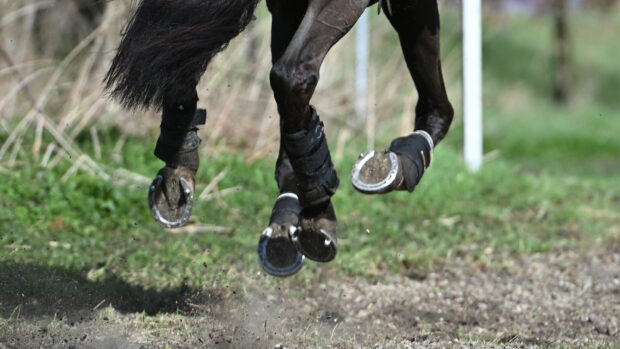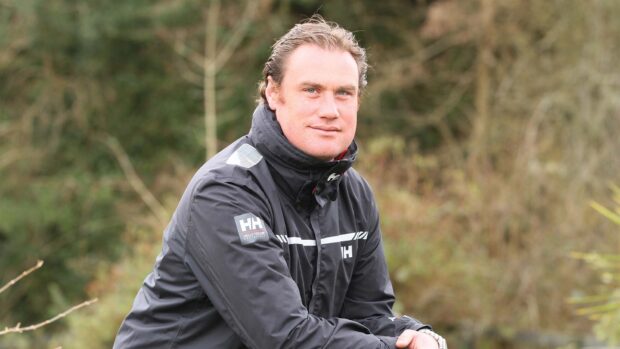A coroner has released a list of recommendations to improve eventing safety following the deaths of two young riders in Australia.
Magistrate Derek Lee, deputy state coroner for New South Wales, released his 31-point, +2,800-word recommendation to the president of eventing in New South Wales today (4 October) following the conclusion of the inquests into the deaths of Olivia Inglis and Caitlyn Fischer in 2016.
He found that Olivia died from chest injuries sustained in an accidental fall on the cross-country at Scone Horse Trials CNC2* (national intermediate) on 6 March, 2016 and recorded the manner of death was misadventure. He also recorded Caitlyn’s death was by misadventure as a result of head injuries while competing in the Sydney International Horse Trials in Horsley Park on 30 April the same year.
The inquests were divided into two phases. During the first phase, evidence was taken on certain factual matters particular to Olivia’s and Caitlyn’s incidents. During the second phase, evidence was taken on broader systemic issues related to the deaths, which is the information that has been published in full today.
The recommendations cover areas from a minimum age of fence judges, to course design, the level of medical coverage and maximum response times to each fence on the jumping phases, as well as how events are organised and the way in which data concerning “near-misses” is collected and recorded.
The coroner also recommended further research into personal protection equipment, that all fence judges are made aware of — and have access to — first aid training; that athlete representatives are present at all events and that serious incident management plans and provision reviews of serious incidents are developed for events.
A statement from Equestrian Australia said “improving safety is our number one priority”.
“EA acknowledges that the NSW coroner’s final report is constructive and endorses the work we have under way to strengthen safety and risk mitigation in our sport,” said the statement.
“Equestrian Australia is steadfast in its commitment to making Australia a world leader in equestrian safety and risk mitigation. With a view to implementing the recommendations, EA will now commence a period of consultation with key stakeholders across the country. The coroner has made some detailed recommendations, and we want to ensure that we consider the viability and practicality of the recommendations. We will update members on the outcome of these consultations.”
The organisation added it has already implemented a number of risk mitigation and safety improvements and is in the proves of introducing others, on the basis of the coroner’s recommendation.
These include adding more specific requirements to the rules around medical coverage, including the minimum skill sets and equipment that must be present for each phase, and the capacity for their rapid deployment around the venue.
They also include formalising an EA safety sub-committee, which includes a medical working group with the relevant expertise to consider and advise changes, plus appointing a national safety manager.
It has also implemented a standard programme for national eventing officials’ education and has improved its rider representative system, with clear role descriptions.
EA has introduced an incident review policy, ensuring serious incidents are investigated by an experienced panel with an independent chair, and has mandated the use of frangible devices for events at two-star level and above.
It is also working with EquiRatings on the quality index “traffic light” system, which gives a risk rating for horses entering each event based on past performances.
Article continues below…
You might also be interested in:

Inquest into teenage eventers’ deaths hears medic ‘didn’t know how to use equipment’

Concerns raised about fence where young eventer had fatal fall, inquest hears
“We understand the responsibility we have to riders, their families and our much-valued volunteers to learn from and implement, where practical, the recommendations of the final report,” added the statement.
“The board and staff of Equestrian Australia again offer our condolences to the families of Olivia Inglis and Caitlyn Fischer. We acknowledge the strength and courage both families have shown throughout this difficult process.
“Olivia and Caitlyn were exceptional young women and riders. Their tragic deaths have devastated the equestrian community and are at the forefront of our mind with every risk mitigation measure EA develops.”
For all the latest news analysis, competition reports, interviews, features and much more, don’t miss Horse & Hound magazine, on sale every Thursday



